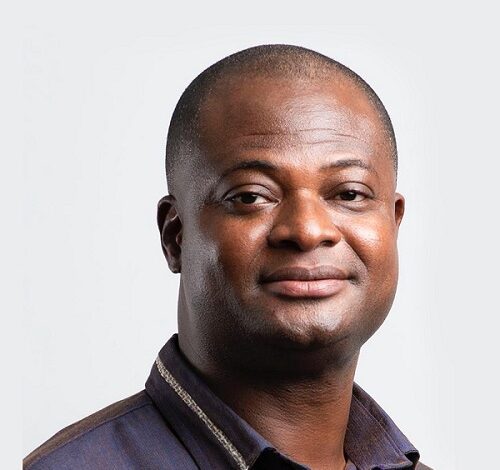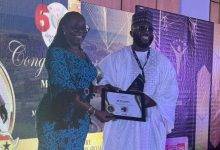
Ghanaians need to rethink how to start governing natural resources as opposed to exploiting them, Professor Raymond Atuguba has said.
The Dean of the University of Ghana, School of Law, said it was unfortunate that the theory of exploitation of natural resource, which Ghana inherited as a colonial legacy had remained till date.
He said “As long as we retain a policy about exploiting our resources, we should forget about much good coming out of it.”
Speaking as a discussant at a West Africa High Level Conference on Inequalities and Natural Resource Management, he said, exploitation is a horrible thing and so Ghanaians should not be happy when their resources were given to others to be exploited.
The three-day conference was organised by the Integrated Social Development Centre (ISODEC).
“We say it very proudly that we exploit. Exploitation is exactly what it is and who here wants to be exploited? We give resources out to others to exploit, and we are happy about it.”
A good natural resource governance, he said, could be achieved when Ghanaians determined the proper rules for generating resources, distributing them equitably and managing conflict arising out of generation and distribution of the resources.
The perception of what governance entailed, Prof. Atuguba observed, could hinder the process of resource governance due to the over fixation of governance being a cyclical process of choosing leaders through elections and fighting corruption.
The myopic understanding of governance, he said, had allowed the governance of natural resources to be discretely taken over by the private sector, including multinationals who determined the ownership, shared the responsibility for environmental cost of exploitation and fixed share of resource benefits due the country.
He also observed that the monetisation of electoral process had bolstered the problem of natural resource exploitation due to the undue influence political investors had on political leadership of the country thereby making a caricature of the country’s democracy.
“So, the investors will now control whoever is manning the State and determining policy. And that determination is not for equitable distribution of natural resources. It is for a capture of the natural resources for the benefit of a small cabal,” he said.
Professor Abdul-GafaruAbdulai, an Associate Professor at the University of Ghana Business School, said it was difficult to find a success story on the continent on how natural resources had been used to reduce inequalities.
In the case of Ghana for instance, he said, the four-year term election period tended to make political leaders focus on short-term visible symbols of development largesse that would enhance their political survival.
That, he said, was at the expense of widening inequalities between the South-North divide amid the absence of a long-term development plan to guide spending of natural resource revenue.
Going forward, he called for the adoption of Progressive Fiscal Contract (PFC) where government was incentivised to earmark specific portion of natural resource wealth for investment in human capital development, adding that “the impact of social investment on inequality is quite well established.” -GNA




